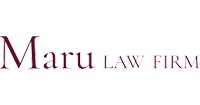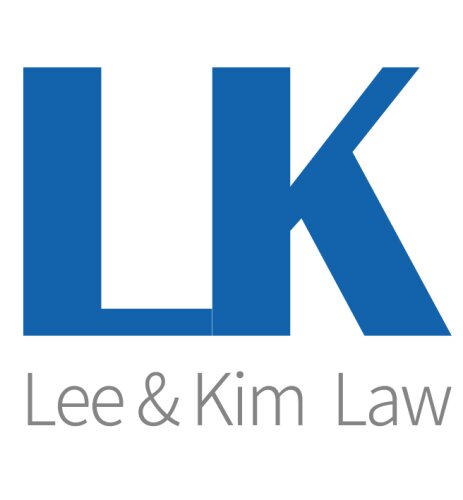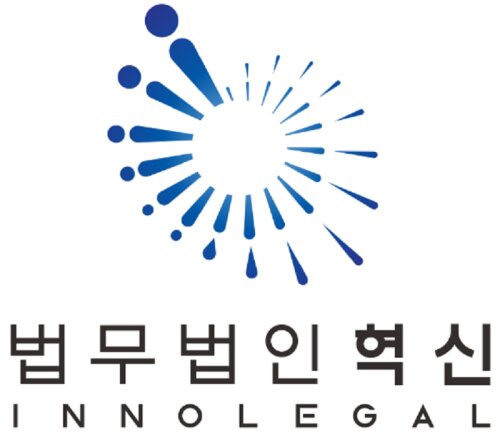Best Housing, Construction & Development Lawyers in Seoul
Share your needs with us, get contacted by law firms.
Free. Takes 2 min.
Free Guide to Hiring a Real Estate Lawyer
List of the best lawyers in Seoul, South Korea
About Housing, Construction & Development Law in Seoul, South Korea
Housing, Construction & Development law in Seoul, South Korea encompasses a wide range of legal issues related to real estate, building construction, and urban development. These laws regulate the rights and responsibilities of individuals, businesses, and government entities involved in these sectors.
Why You May Need a Lawyer
You may need a lawyer in the field of Housing, Construction & Development in Seoul, South Korea for various reasons, including disputes over property ownership, construction defects, zoning regulations, contract disputes, and legal compliance issues. A lawyer can help you navigate the complex legal framework and protect your rights in these matters.
Local Laws Overview
In Seoul, South Korea, key aspects of Housing, Construction & Development law include regulations on building permits, land use planning, environmental impact assessments, real estate transactions, and housing rights. It is important to understand these laws to ensure compliance and avoid legal issues in these sectors.
Frequently Asked Questions
1. What are the requirements for obtaining a building permit in Seoul?
In Seoul, obtaining a building permit requires submitting detailed construction plans, obtaining approval from relevant authorities, and complying with building codes and regulations.
2. How can I resolve a dispute with my neighbor over property boundaries?
You can resolve a boundary dispute with your neighbor through negotiation, mediation, or legal action. It is advisable to consult a lawyer to protect your property rights.
3. What rights do tenants have in Seoul, South Korea?
Tenants in Seoul have rights related to rent control, lease agreements, eviction procedures, and maintenance responsibilities. Understanding these rights is crucial for both landlords and tenants.
4. Can I challenge a zoning decision that affects my property?
Yes, you can challenge a zoning decision that affects your property through administrative appeals, judicial review, or seeking legal advice to explore your options.
5. How can I ensure compliance with environmental regulations in construction projects?
Compliance with environmental regulations in construction projects requires conducting environmental impact assessments, obtaining permits, and following best practices for sustainable development.
6. What are the legal implications of construction defects in Seoul?
Construction defects can lead to legal disputes, financial liabilities, and reputational damage. It is essential to address construction defects promptly and seek legal advice if necessary.
7. How can I protect my rights in a real estate transaction in Seoul?
You can protect your rights in a real estate transaction by conducting due diligence, drafting a legally binding contract, and seeking legal advice to address any potential issues.
8. What should I do if I encounter an issue with a construction contractor?
If you encounter an issue with a construction contractor, document the problem, communicate with the contractor, and seek legal advice to resolve the issue and protect your interests.
9. Are there specific regulations for affordable housing in Seoul, South Korea?
Yes, Seoul has regulations for affordable housing, including incentives for developers, rent control measures, and government subsidies to promote affordable housing development.
10. What legal considerations should I be aware of when investing in real estate development projects in Seoul?
When investing in real estate development projects in Seoul, consider legal issues such as zoning restrictions, environmental impact assessments, permits, contracts, and potential disputes that may arise during the project.
Additional Resources
For additional resources related to Housing, Construction & Development law in Seoul, South Korea, consider contacting the Seoul Metropolitan Government, the Korean Bar Association, and legal aid organizations that provide assistance to individuals in need of legal advice in these sectors.
Next Steps
If you require legal assistance in Housing, Construction & Development in Seoul, South Korea, consider consulting with a knowledgeable lawyer who specializes in real estate law. They can provide personalized advice based on your specific situation and help you navigate the legal complexities in these sectors. It is essential to act promptly and seek legal guidance to protect your rights and interests in property, construction, and development matters in Seoul.
Lawzana helps you find the best lawyers and law firms in Seoul through a curated and pre-screened list of qualified legal professionals. Our platform offers rankings and detailed profiles of attorneys and law firms, allowing you to compare based on practice areas, including Housing, Construction & Development, experience, and client feedback.
Each profile includes a description of the firm's areas of practice, client reviews, team members and partners, year of establishment, spoken languages, office locations, contact information, social media presence, and any published articles or resources. Most firms on our platform speak English and are experienced in both local and international legal matters.
Get a quote from top-rated law firms in Seoul, South Korea — quickly, securely, and without unnecessary hassle.
Disclaimer:
The information provided on this page is for general informational purposes only and does not constitute legal advice. While we strive to ensure the accuracy and relevance of the content, legal information may change over time, and interpretations of the law can vary. You should always consult with a qualified legal professional for advice specific to your situation.
We disclaim all liability for actions taken or not taken based on the content of this page. If you believe any information is incorrect or outdated, please contact us, and we will review and update it where appropriate.















